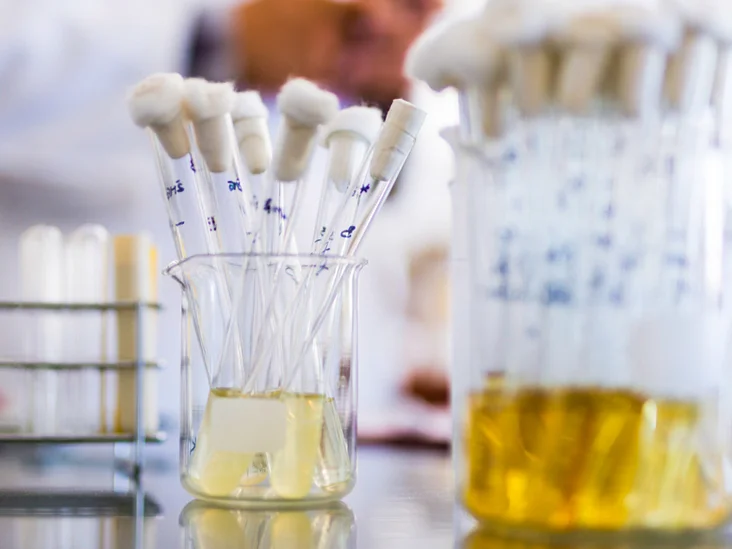Kidney stones are a common and often painful problem that affects around 500,000 people each year. While they can be quite painful, understanding their causes, symptoms, diagnosis, and prevention can help you to avoid them.
Today, we discuss the causes and symptoms of kidney stones, how they are diagnosed, and how you can prevent them. So, whether you are already dealing with kidney stones or want to avoid them in the future, this post will provide you with the information you need.

Preventing And Detecting Kidney Stones
Over 500,000 people visit emergency rooms for kidney stone problems every year.
Kidney stones are hard, mineral-based objects that can form inside the kidneys. They’re common and can affect any part of the urinary tract, including the bladder and urethra. In fact, over 500,000 people visit emergency rooms every year for kidney stone problems. Fortunately, there are ways to prevent and detect kidney stones before they become a problem.
The most common cause of kidney stones is diet – eating too many foods that contain minerals and salts can lead to their formation. Excess body weight is also a major factor in their development. Certain medical conditions – such as high blood pressure – can also increase your chances of developing kidney stones. Other factors that may contribute to their formation include supplements and medications, as well as drinking too much alcohol or caffeine.
Symptoms of kidney stones may include sharp pains in different parts of your body (backside, lower abdomen or groin), feeling a constant need to urinate, pain while urinating, cloudy or bad-tasting urine, and blood in the urine (hematuria). If you experience any of these symptoms, it’s important to see a doctor immediately for diagnosis and treatment options.
Some diagnostic tests used to detect kidney stone presence include blood testing; x ray or ultrasound scans; analysis of past Stones passed through straining urine samples collected over 24 hours; and sometimes even a CT scan or MRI scan. The goal is to find out which type of stone you have so that the best treatment plan can be put in place. Treatment options may include surgery if necessary plus various types of medication such as diuretics or calcium supplements. It’s important to follow all treatment recommendations carefully so that you avoid any further problems with your kidneys!
All In All
Kidney stones are a painful but common problem that can affect anyone. Understanding the causes, symptoms, diagnosis, and prevention of kidney stones can help you avoid or manage them if you already have them. Eating a healthy diet with plenty of fluids, avoiding excess minerals and salts in your diet, maintaining a healthy body weight, and avoiding supplements and medications that may increase your chances of developing kidney stones are all important steps to take. If you experience any symptoms associated with kidney stones, make sure to seek medical attention so that they can be properly diagnosed and treated.

